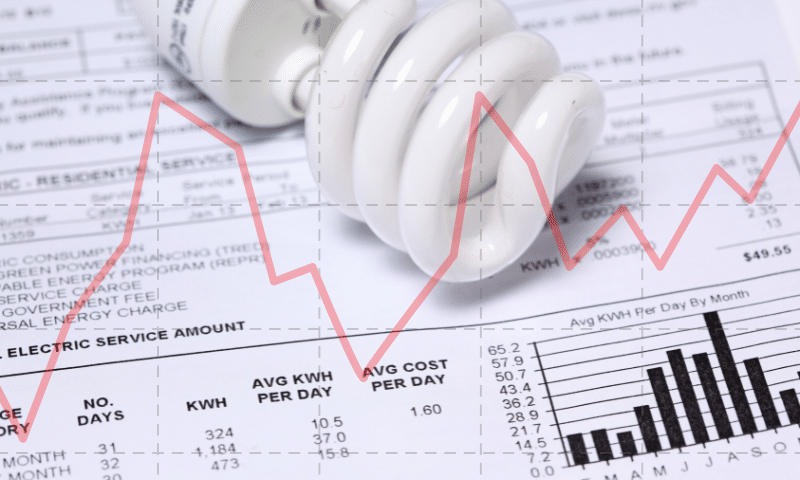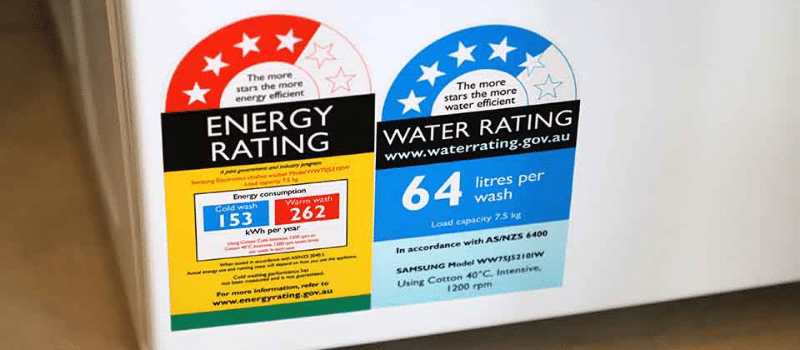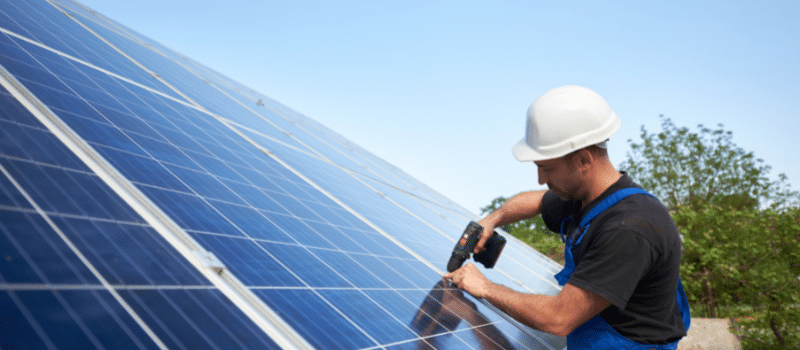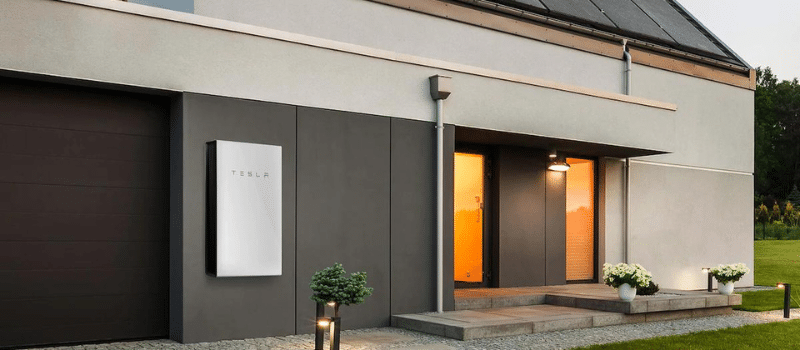Australia is currently in the midst of an unprecedented energy crisis. Electricity and gas prices have skyrocketed and the threat of outages is becoming increasingly common as the country grapples with a “perfect storm” of energy market conditions.

While the market will surely recover in time, Australians have become increasingly aware of our vulnerability to volatile power and gas markets and the stranglehold that big energy companies have over us. Not only are we at risk of being left in the dark or without power to heat or cool our homes, but we’re also at the mercy of huge price hikes that can see our power bills double or even triple in a matter of weeks.
Fortunately, there are some things we can do to protect ourselves from these threats. Here are some tips on how you can prepare yourself and your family for power outages and price hikes:
Become more energy efficient

One of the simplest ways to combat high energy prices is to use less power. Invest in energy-efficient appliances, insulate your home and look for other ways to reduce your energy consumption. We have compiled a list of 12 easy and practical ways to save money and reduce your household costs, which you can view here.
Invest in solar panels

If you are looking for ways to achieve greater energy independence and insulate yourself and your family from future price hikes and shortages, the best strategy is to generate and consume your own electricity.
Installing solar panels on your roof is still a great investment in 2023. Australians are no stranger to the power of solar energy, with around 30% of households now fitted with some form of solar panel system. Solar panels are a great way to reduce your reliance on the grid and can save you thousands each year on your energy bills. With solar panels lasting on average of 20-30 years and system payback in as little as 4-6 years, you will continue reaping the benefits of free solar energy long after your initial investment has been paid off.

Did you know:
Google Search Interest for those searching for ‘solar panels’ in Australia has skyrocketed, increasing by 40% compared to the average search interest over the last 12 months. It’s clear that Australians are turning to solar in droves as a way to combat high energy prices and reduce their reliance on the grid.
Consider backup battery storage

While solar panels are a sure-fire way to reduce your energy bills, most aren’t able to operate during power outages. To ensure the safety of linesmen, solar inverters shut down when the grid goes down. This is where home battery storage with backup capability comes in.
Solar home batteries store excess solar energy generated during the day (from your solar panels) so that they can be used at night or during a power outage. When the grid goes down, batteries with backup capability will automatically switch on and provide you with a continuous supply of power, meaning you can keep your lights on and your fridge and other appliances running.
When it comes to solar batteries, their running time will depend on the charge of the battery before the outage occurred, as well as how much storage capacity is available in the battery. It also depends on what you are running on it. If you have a few lights on and you’re watching TV or doing some cooking, a fully charged battery will last about 12-13 hours. Depending on how long the outage is anticipated, you may wish to limit the use of energy-hungry appliances like air-conditioners or dishwashers. There is, however, the option of a hybrid solar system that allows you to switch to an “off-grid” mode so you can still use your solar panels throughout the day and discharge your batteries at night.
Some households may have access to backup diesel generators in the event of power outages. While generators do the job, they are noisy, harmful to the environment and incur ongoing fuel and maintenance costs. Solar panels paired with battery storage provide a cleaner, more efficient and longer-term solution for those wanting to be prepared for power outages.
For more information, you can read our full comparison of home battery storage vs backup power generators in the event of a power outage.
Shop around for a better energy deal
While energy prices are going to be higher than usual right now regardless of the retailer, it’s still important to compare deals and switch to a more competitive offer if you can. It only takes a few minutes to switch energy providers and could save you hundreds of dollars each year.
To help Australians understand their energy options and make informed decisions about their electricity plans, Energy Matters has created a free online comparison tool. This simple online tool allows you to enter your postcode and compares different offers from a range of electricity retailers in your local area.









































